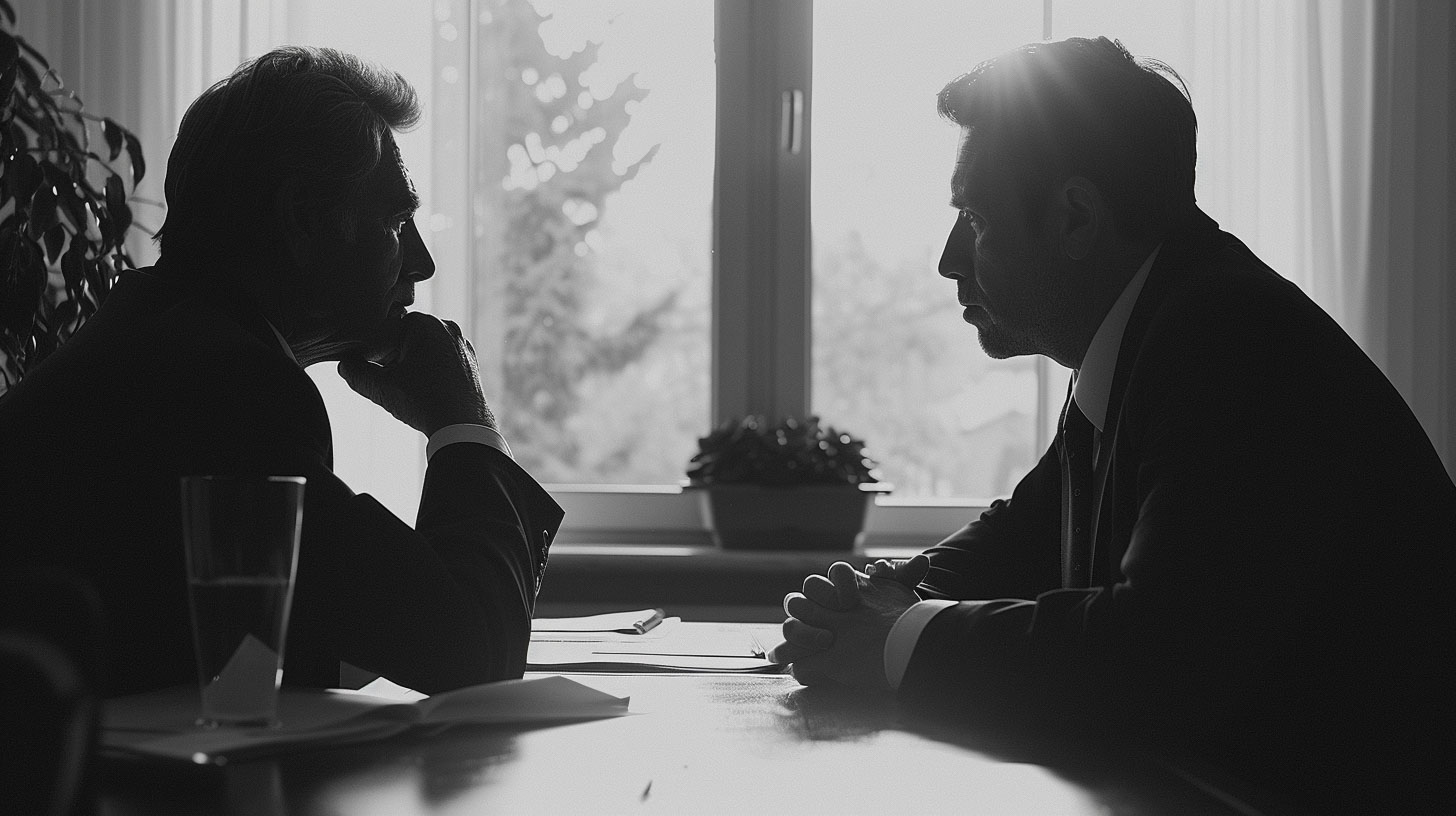France, as one of the founding members of the United Nations and the European Union, has a long-standing commitment to the protection of human rights. This commitment is reflected in its legal framework and the numerous case studies demonstrating its dedication to upholding these rights domestically and internationally. This article explores the legal mechanisms in place in France to safeguard human rights and highlights some notable case studies that illustrate these principles in action.
Legal Framework
France’s dedication to human rights is enshrined in several key legal documents and institutions:
1. The French Constitution: The Constitution of the Fifth Republic, adopted in 1958, affirms France’s commitment to human rights. The preamble references the Declaration of the Rights of Man and of the Citizen (1789) and outlines France’s foundational principles of liberty, equality, and fraternity.
2. European Convention on Human Rights: France is a signatory to the European Convention on Human Rights (ECHR), which ensures fundamental rights and freedoms such as the right to a fair trial, freedom of expression, and protection against discrimination.
3. Legislation and Codes: Numerous laws and codes — including the Civil Code, Criminal Code, and Labor Code — outline specific protections and regulations to uphold human rights in various contexts.
4. National Institutions: Key institutions such as the Constitutional Council, the National Consultative Commission on Human Rights (CNCDH), and the Defender of Rights (Défenseur des droits) play critical roles in monitoring, advising, and adjudicating on matters related to human rights.
Case Studies
1. Burqa Ban: France has faced scrutiny and legal challenges regarding its 2010 “burqa ban,” which prohibits the wearing of full-face veils in public. The European Court of Human Rights (ECHR) upheld this ban, citing concerns over public safety and societal interaction. This case highlights the tension between collective security and individual freedoms.
2. Migrants and Asylum Seekers: France’s treatment of migrants and asylum seekers has been under intense scrutiny. Organizations like Human Rights Watch have criticized conditions in detention centers and the treatment of unaccompanied minors. The government has responded with reforms aimed at improving asylum procedures and living conditions for migrants.
3. Freedom of Expression: The Charlie Hebdo attack in 2015 brought global attention to France’s staunch defense of freedom of expression. The subsequent legal and societal discussions emphasized protecting this fundamental right while addressing issues related to hate speech, religious sensitivity, and national security.
4. LGBTQ+ Rights: France has made significant strides in LGBTQ+ rights with the legalization of same-sex marriage in 2013 and ongoing efforts to combat homophobia and transphobia. The country’s legal framework continues to evolve to provide better protection and equal opportunities for the LGBTQ+ community.
Economic and Business Environment
France boasts a diverse and advanced economy, ranking as the world’s seventh-largest by nominal GDP. The country is a global leader in sectors such as luxury goods, aerospace, pharmaceuticals, and renewable energy. Paris, as a major financial center, attracts significant foreign investment and serves as the headquarters for numerous multinational corporations.
The commitment to human rights also extends to France’s business practices. The French government, through the duty of vigilance law (2017), mandates that large companies implement measures to identify and prevent human rights violations and environmental abuses throughout their supply chains.
Conclusion
Human rights in France are safeguarded by a robust legal framework and proactive institutions. While challenges and contentious cases remain, the country’s dedication to upholding human rights principles is clear. France’s approach to human rights reflects its broader commitment to promoting equality, liberty, and justice, both within its borders and in the international community.
Suggested Related Links:
European Court of Human Rights
